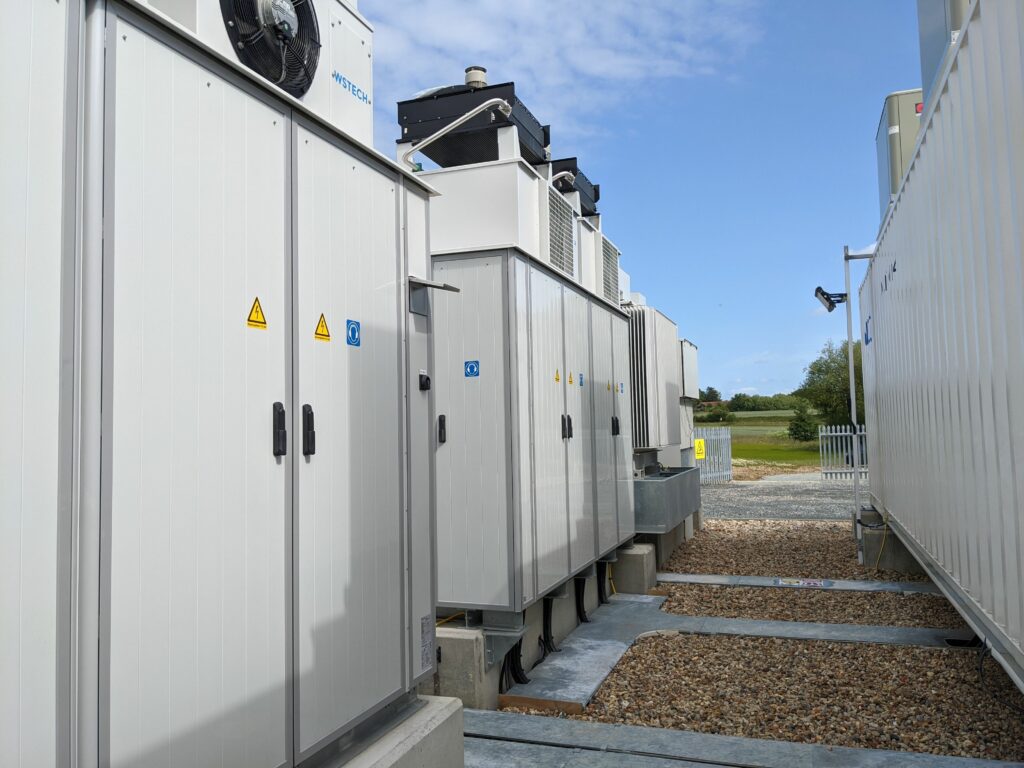
Gore Street Energy Storage Fund has joined other battery energy storage system (BESS) investors in expressing concerns over the current challenges regarding low revenue in the GB market.
Both Harmony Energy Income Trust and Gresham House Energy Storage Fund have expressed their concerns over the low revenues many across the GB BESS market are being subject to. This has primarily been due to assets not being able to participate in balancing the GB grid or replacing gas-fired generation to their fullest capability.
Indeed, Gore Street has now weighed in on the current market challenges expressing that its portfolio diversification serves as the “primary driver of the Company’s stable revenue and profit profile which has allowed the Company’s portfolio to generate a consistent revenue profile on a consolidated basis”.
The organisations achieved an estimated quarterly revenue of £15.1/MW per hour, consistent with the £15.1/MW per hour generated during the first half of the financial year (FY). Gore Street stated that this stable revenue profile has been achieved through a “diversified portfolio incorporating multiple uncorrelated markets, system chemistries and durations”.
In 2022, Gore Street reiterated its commitment to one-hour systems stating that because of the increases in battery procurement costs, the lower capex of one-hour duration batteries when compared to long-duration batteries leads to excess returns. This was detailed in its Q1 2022 portfolio update.
Fast forward to 2024 and assets under 1.5 hours are now seeing revenues of around £2.1k/MW in the balancing mechanism, according to energy consultant Modo Energy. In contrast, assets above 1.5 hours are doing markedly better at around £3.3k/MW on average.
The energy consultant confirmed that the fall was a continuation of frequency response revenues falling since the launch of the enduring auction capability, a mechanism designed to help deliver co-optimised procurement for day-ahead frequency response and reserve products, in November. This resulted in a 16% drop in BESS revenue in the balancing mechanism in December.
Pat Cox, chair of Gore Street Energy Storage Fund, said: “Fundamentally, the importance of energy storage as a critical asset in driving the energy transition and ensuring the sustainability of the grid remains true. The current headwinds the sector faces in GB highlight some of the more complex aspects unique to this asset class, which require long-term planning and experienced management.”

